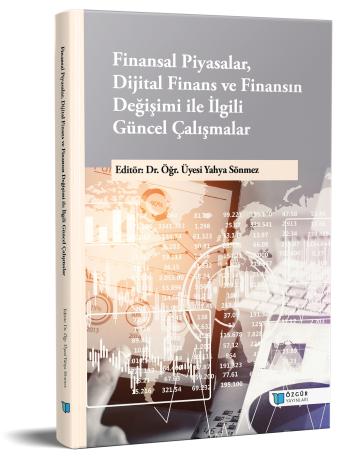
Tax Regimes and Incentive Policies in Sukuk Markets: A Comparative Study of Leading Islamic Finance Jurisdictions
Şu kitabın bölümü:
Sönmez,
Y.
(ed.)
2025.
Finansal Piyasalar, Dijital Finans ve Finansın Değişimi ile İlgili Güncel Çalışmalar .
Özet
This study aims to analyse the role of tax regimes and incentive mechanisms in the development of the sukuk market, one of the main instruments of Islamic finance. The study analyses Malaysia, Saudi Arabia, Indonesia and the United Arab Emirates, which are among the prominent examples of sukuk markets on a global scale. In this study covering the period 2001-2021, the tax policies, financial incentives provided for investors and issuers, and regulatory frameworks in these countries are analysed comparatively. Structural differences between countries were revealed through tables created with the support of the literature, and the relationship between the level of development of the sukuk market and tax regulations was evaluated.
The findings show that tax advantages and special regulations play a critical role in the deepening of the sukuk market. As seen especially in the examples of Malaysia and the UAE, practices preventing double taxation, stamp duty exemptions and issuance facilities have supported the growth of the sukuk market. On the other hand, limited or inconsistent regulations in some countries stood out as a restrictive factor in the development of markets. The study reveals that tax regimes should be in line with Islamic finance principles, transparent and incentivising in order to ensure stable growth in the sukuk market.

